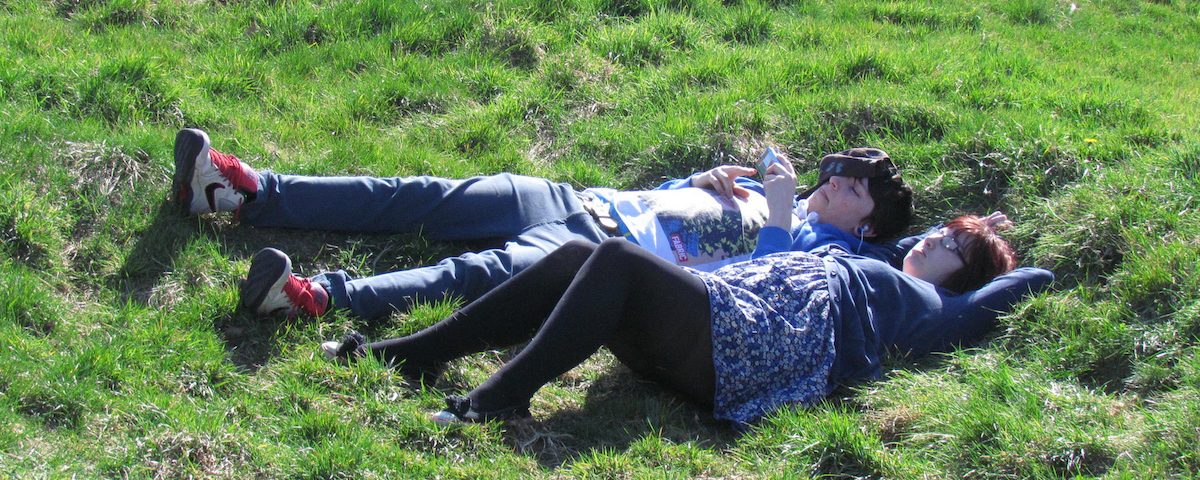
Understanding Borderline Personality Disorder
May 17, 2017
Dr. Don Fernando Azevedo a founding member of Marriage Counseling Specialists Group
June 1, 2017Being a teenager is exciting. You see the world opening up to you, the rules you follow and the expectations you have more nebulous and challenging. It’s like advancing to a new level of life. It can be daunting, and the rush to experience the new can cause rebellion against the old.
This battle between adults and teenagers, the protectors and the protected, can cause a lot of friction in any family. The reasons for rebellious teenage behavior are numerous and nuanced. Today we’d like to explore them in the name of taming your teen and dialing in your parenting.
Why Do Teenagers Rebel?
Teenage rebellion – at least in American culture – is both helpful and necessary. Adolescence is a time of self-actualization, when we realize an image of ourselves separate from our parents.
Teenagers also act out because of pressures from other teenagers. A 2006 Cornell study determined that teenagers actually do understand the risks of bad behaviors. The issue is prioritization; teenagers seek acceptance from each other more than parents, and peer gratification from these behaviors outweighs the risks.
How Rebellion Manifests
Societal caricatures of teenagers are amusing because of their accuracy. In the quest for self-image, teenagers can adopt radical forms of self-presentation. They’re attracted to pop culture that has rebellious, energetic, or otherwise unconventional traits.
Behaviors, of course, are where the real risk is. Teenagers may experiment with alcohol, drugs, or sex. When parents have encouraged us to act according to social norms, it’s natural that rebellion manifests in the opposite of that. It feels like a legitimate protest, even if the consequences are dire.
How Parents Can Deal With It
Even when a child rebels, parents still serve as a constant influence. How you deal with rebellion provides a counterpoint for a teenager in the thick of it.
Proper teenage parenting is best described as “gentle pressure, positively applied.” Your teenager needs to experience the consequences of all the decisions they make both good and bad. They also need guidance for learning from those decisions. You cannot always be there to save your child, but you can be there to pick them back up when they fall or celebrate when they succeed.
Not all behaviors are normal, however. Teenagers are also at risk for depression, self-harm, and other serious mental health issues. Azevedo Family Psychology can help with these issues! If you think your teen could benefit from counseling, call us. We would love to help.




